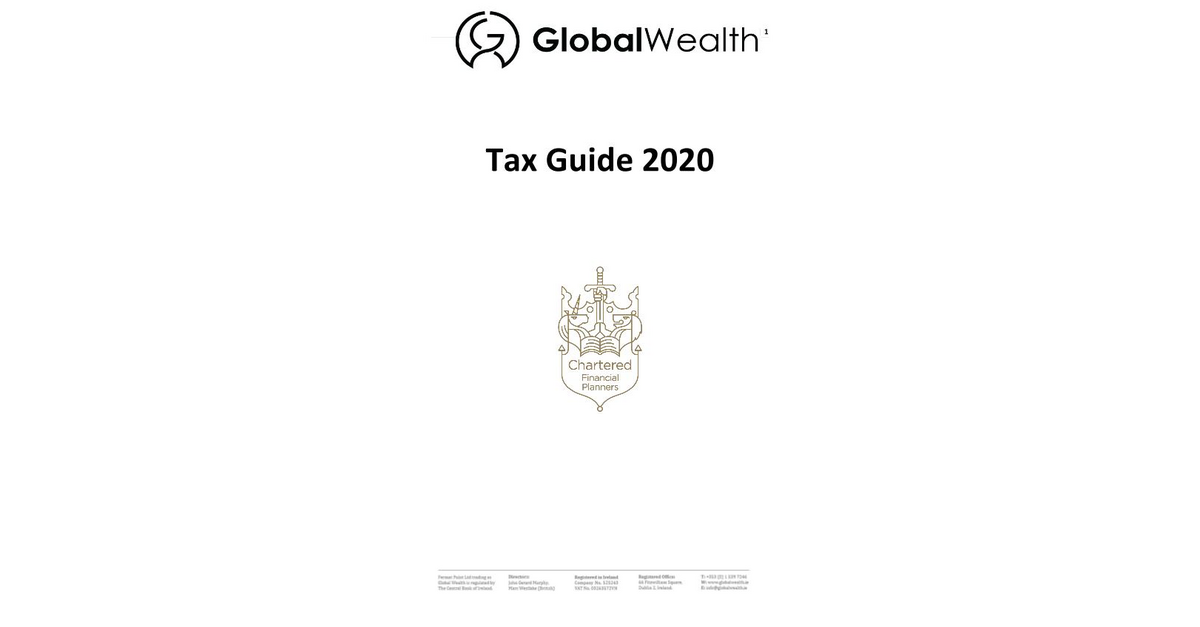Younginvestor93
Registered User
- Messages
- 130
Exchange Traded Funds: In the Irish context we are going to be looking at accumulating Irish domiciled ETF's where dividends are reinvested automatically in the fund.
Pros
Pros
Mrs.Money Hacker also weighs up the pros and cons of IT's here: https://mrsmoneyhacker.com/how-investment-trusts-compare-to-etfs/
They both suggest that it may not be such a simple case of IT's have no deemed disposal and 33% tax so they are clearly better. There are a few more complex factors to account for when investing in IT's but some IT's have the potential to outperform ETF's if you pick the right ones!
Anyone have any thoughts on the IT vs ETF discussion or can shed more light of some of the points above?
Do you invest in ETF's or IT's outside of your pension and if so which ones and why?
Does anyone know what happens to an individuals assets upon death, if they hold an ETF vs if they hold an Investment Trust, how does the capital gains tax/inheritance tax play out?
Pros
- Dividends are reinvested automatically in the fund so tax is only paid on exit every 8 years or when you sell.
- ETF's provided access to globally diversified funds and are passively managed tracking an index. Passive investors have outperformed active investors over the long run a large majority of the time.
- You can get access to global ETFS through SPDR® MSCI World UCITS ETF | SPPW and iShares MSCI EM IMI UCITS ETF | IS3N with a total TER of 0.13% or alternatively the very simple Vanguard FTSE All-World UCITS ETF | VWCE with a TER of 0.22%. I Shares also has IWDA at TER of 0.20% but State Street looks the better option in terms of value.
- They are taxed at 41% every 8 years (deemed disposal) or when you sell, which is higher than 33% capital gains tax.
- Tax can be challenging for the average investor if they purchase every month, having to record each transaction to pay tax on it for 8 year from the date of purchase. This can be made easier with few purchases than every month.
Pros
- They are taxed at 33% and your marginal tax rate on dividends. This can be a good thing if you are at a low tax rate or not if you are a high earner.
- Some investment trusts have vastly outperformed their indexes by a large amount, although with some higher risk as some of these are highly focused on specific sectors (Bailey US Growth Trust, Scottish Mortgage Trust) and are not as well diversified as ETFs.
- Performance is down to the investing manager so you are hoping that the fund manager will be able to outperform the index. Some have performed very poorly over 5-10 years such as Witan Investment Trust and Henderson International Income Trust.
- Some of the fees can be high, a lot higher than what you can get with globally diversified ETF's. Some have reasonably low fees however, so you have to be careful to search out for those.
- NAV: You can purchase the Investment Trusts at discount to the Net Asset Value or more than Nav at other times. I am not an expert on this and perhaps others in this forum have a better understanding but this adds complexity as to whether to both accumulating stages and on sale of the funds.
- It is harder to find appropriate IT's that can give you a globally diversified portfolio in comparison to ETF's which are more straightforward.
- Currency Fluctuation: Again I am not well versed in this area but my understanding is that a drastic change in currency could result in you losing a significant amount of your funds when you are looking to withdraw. Perhaps other posters could shed more light on the currency risks.
- Should an investment trust go bankrupt. Are the assets safe? I could be wrong but I don't think the safety of your investment is as secure in an investment trust as it would be in an ETF. Mrsmoneyhacker(article linked below) suggests not having more than 5% of your overall assets invested in one single company.
Mrs.Money Hacker also weighs up the pros and cons of IT's here: https://mrsmoneyhacker.com/how-investment-trusts-compare-to-etfs/
They both suggest that it may not be such a simple case of IT's have no deemed disposal and 33% tax so they are clearly better. There are a few more complex factors to account for when investing in IT's but some IT's have the potential to outperform ETF's if you pick the right ones!
Anyone have any thoughts on the IT vs ETF discussion or can shed more light of some of the points above?
Do you invest in ETF's or IT's outside of your pension and if so which ones and why?
Does anyone know what happens to an individuals assets upon death, if they hold an ETF vs if they hold an Investment Trust, how does the capital gains tax/inheritance tax play out?

